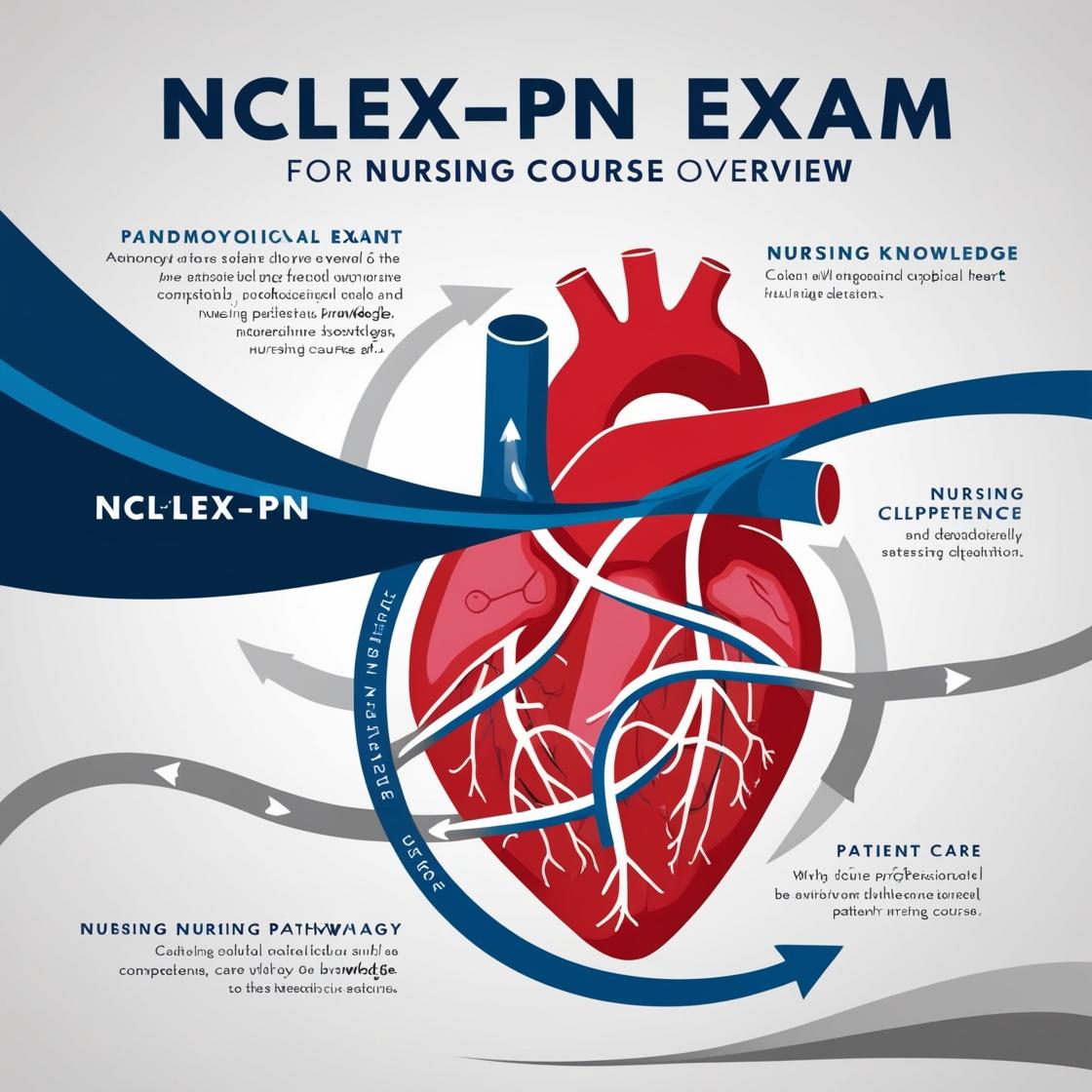NCLEX-PN
Kaplan NCLEX Question of The Day
1. Because of the possible nervous system side-effects that occur with isoniazid (Nydrazid) therapy, which supplementary nutritional agent would the nurse teach the client to take as a prophylaxis?
- A. Alpha tocopherol (vitamin E)
- B. Ascorbic acid (vitamin C)
- C. Calcitriol (vitamin D)
- D. Pyridoxine (vitamin B6)
Correct answer: D
Rationale: Pyridoxine is the correct choice in this scenario because it is used as a prophylaxis to prevent neuritis, a possible nervous system side-effect of isoniazid therapy. Neuritis is a condition that involves inflammation of the nerves and can be a side effect of isoniazid. Pyridoxine, also known as vitamin B6, helps prevent this side effect. Vitamin E (Alpha tocopherol), vitamin C (Ascorbic acid), and vitamin D (Calcitriol) do not specifically address the nervous system side-effects associated with isoniazid therapy, making them incorrect choices.
2. The client is admitted to the hospital following a motor vehicle accident and has sustained a closed chest wound. Which assessment finding is consistent with a flail chest?
- A. Biot's respirations
- B. Sucking sounds during respirations
- C. Paradoxical chest wall movement
- D. Hypotension and bradycardia
Correct answer: C
Rationale: The correct assessment finding consistent with a flail chest is paradoxical chest wall movement. This occurs when a segment of the chest wall moves in the opposite direction to the rest of the chest during respiration. Biot's respirations (Choice A) are a pattern of breathing characterized by groups of quick, shallow inspirations followed by regular or irregular periods of apnea. Sucking sounds during respirations (Choice B) may indicate air entering or leaving the chest cavity through a wound. Hypotension and bradycardia (Choice D) may be present due to other factors such as shock, but they are not specific to a flail chest.
3. Which client is at risk for hypomagnesemia?
- A. Client with a history of heart disease
- B. Client taking magnesium-based antacids
- C. Client with a parathyroid disorder
- D. Client admitted with alcohol abuse
Correct answer: D
Rationale: The correct answer is the client admitted with alcohol abuse. Alcoholics tend to have poor nutrition due to decreased food intake, which is a common source of magnesium. Additionally, alcohol suppresses the release of ADH, leading to diuresis and magnesium loss. Choice A is incorrect because a history of heart disease does not directly increase the risk of hypomagnesemia. Choice B is incorrect as taking magnesium-based antacids would not put the client at risk for hypomagnesemia; in fact, it would help prevent it. Choice C is also incorrect as a parathyroid disorder is not typically associated with an increased risk of hypomagnesemia.
4. After applying oxygen using bi-nasal prongs to a client who is having chest pain, the nurse should implement which intervention?
- A. Have the client take slow deep breaths in through their mouth and out through their nose.
- B. Post signs indicating that oxygen is in use on the client's door and in their room
- C. Apply Vaseline petroleum to both nares and 2 by 2 gauze around the oxygen tubing at the client's ears
- D. Encourage the client to hyperextend the neck, take a few deep breaths and cough.
Correct answer: A
Rationale: After applying oxygen using bi-nasal prongs to a client with chest pain, it is essential for the nurse to post signs indicating that oxygen is in use on the client's door and in their room. This safety precaution alerts healthcare providers and visitors that the client is receiving oxygen therapy, reducing the risk of accidents or misunderstandings. Choice A is incorrect because instructing the client to take slow deep breaths is not the appropriate intervention after applying oxygen. Choice C suggests applying Vaseline and gauze, which is unnecessary and not a standard practice. Choice D advising the client to hyperextend the neck, take deep breaths, and cough is not indicated after applying oxygen therapy and could potentially be harmful.
5. When preparing a client for platelet pheresis in the blood bank, which information is most significant to obtain during the history assessment?
- A. Allergies to shellfish
- B. Date of last platelet donation
- C. Time of last oral intake
- D. Blood type
Correct answer: B
Rationale: The most significant information to gather when a client is scheduled for platelet pheresis is the date of their last platelet donation. Platelet donors can typically have their platelets apheresed as frequently as every 14 days. Knowing the date of the last donation helps ensure the client is eligible for the procedure without risking any adverse effects from frequent donations. Allergies to shellfish may be important for other procedures where anticoagulants containing heparin are used, but it is not directly related to platelet pheresis. The time of the last oral intake is more crucial for procedures requiring sedation or anesthesia. Blood type is significant for blood transfusions but is not the primary concern for platelet pheresis.
Similar Questions

Access More Features
NCLEX PN Basic
$69.99/ 30 days
- 5,000 Questions with answers
- Comprehensive NCLEX coverage
- 30 days access @ $69.99
NCLEX PN Premium
$149.99/ 90 days
- 5,000 Questions with answers
- Comprehensive NCLEX coverage
- 30 days access @ $149.99
